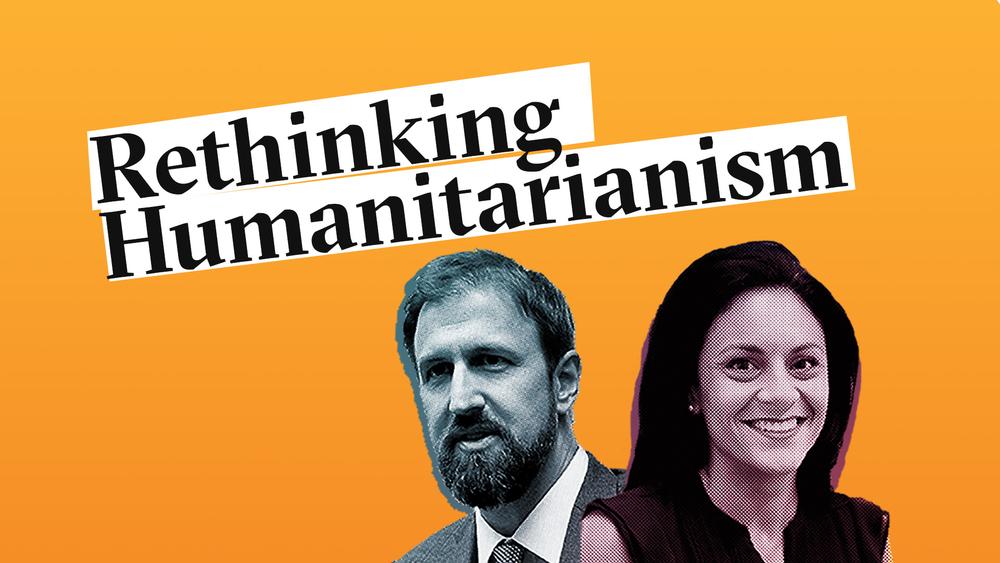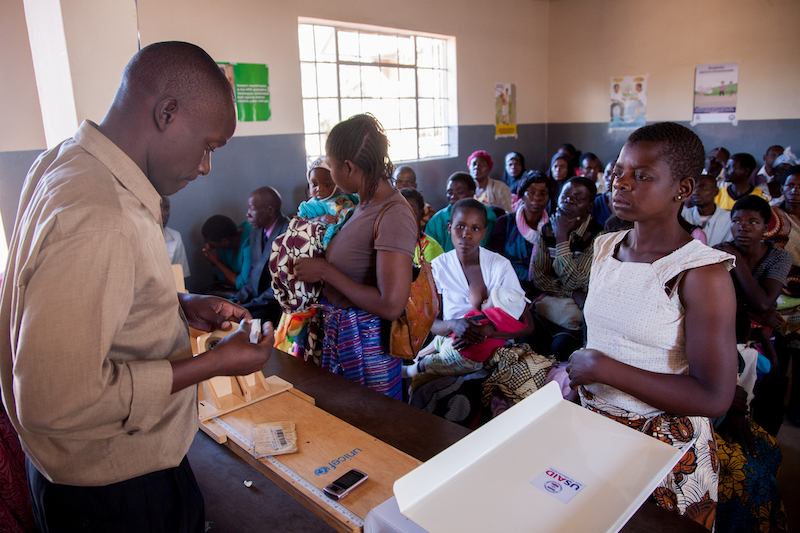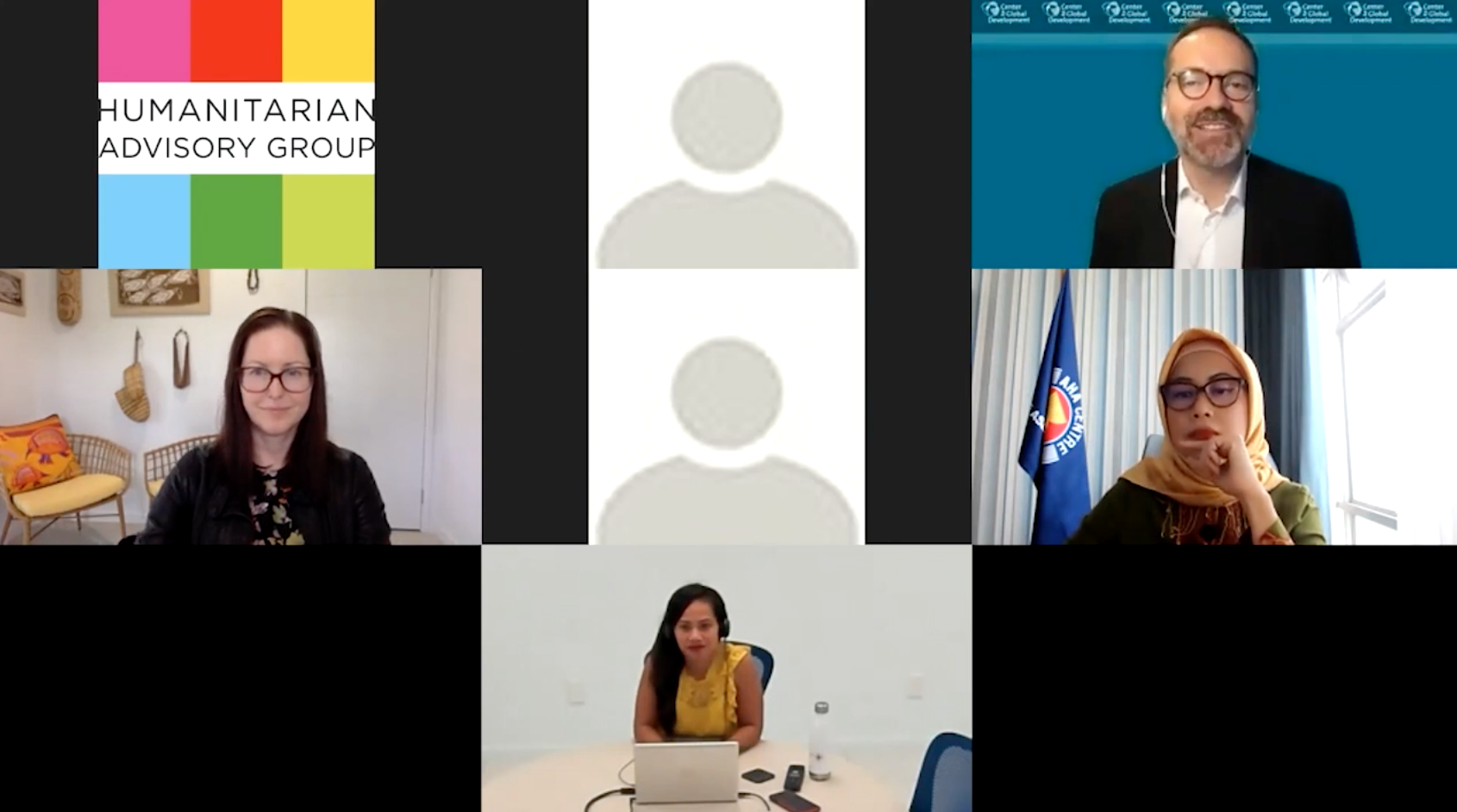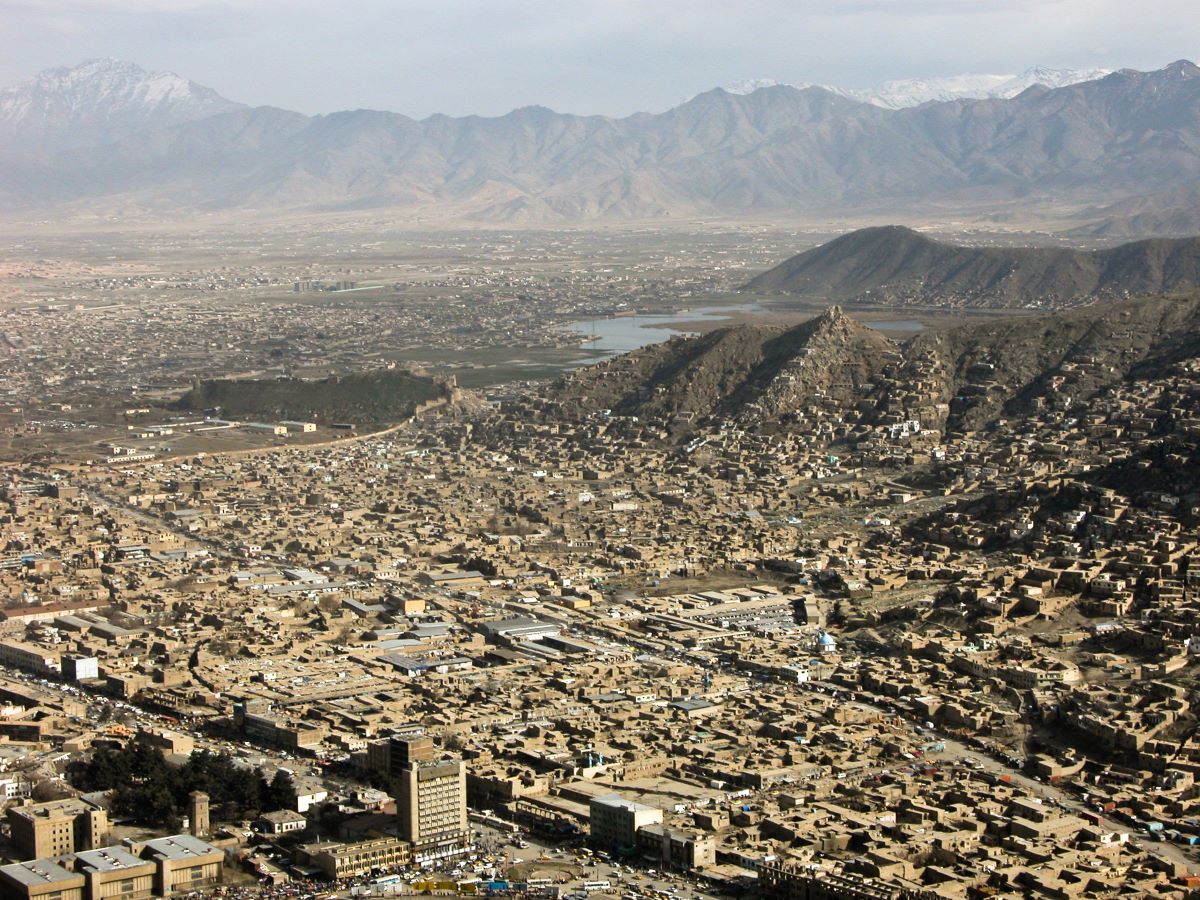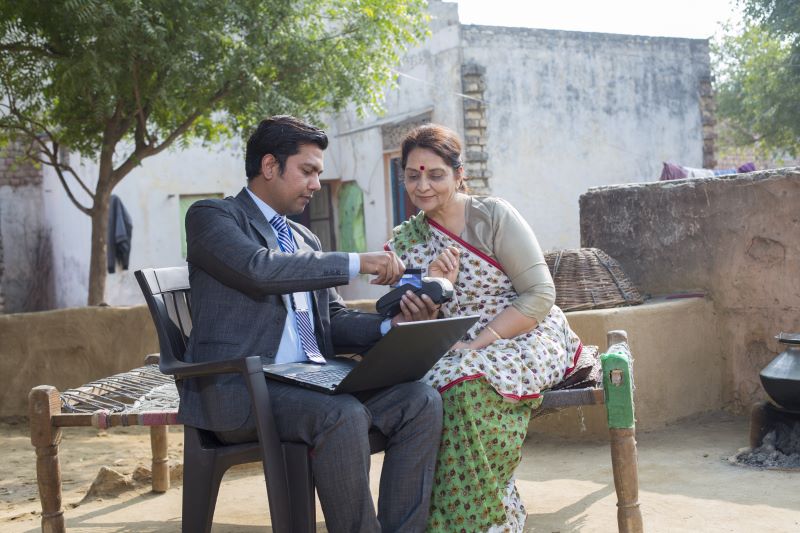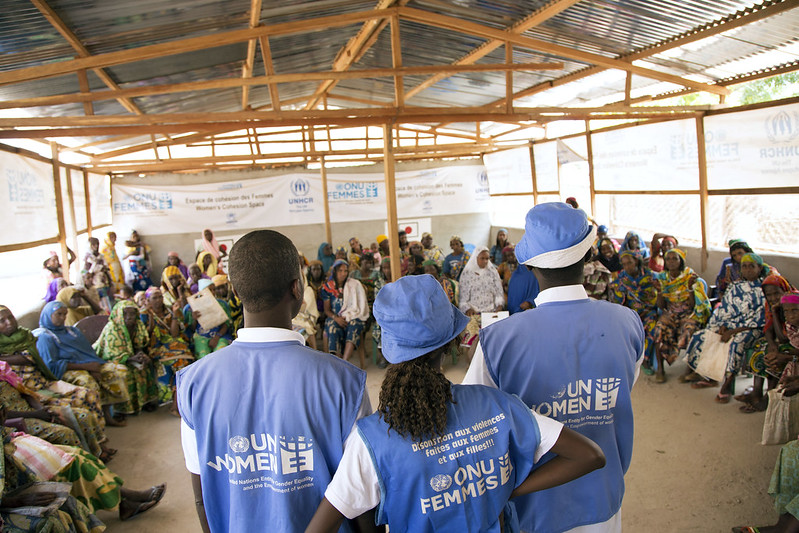Ideas to action: independent research for global prosperity
Rethinking Humanitarian Reform: Toward Demand-Driven Action
Focusing on affected populations first.

About the Project
The humanitarian system allocates its resources inefficiently, reaches too few people, and fails to provide what vulnerable populations say they need the most. Our project aims to understand the incentives behind the system and shift them to better prioritize the needs of affected populations
Featured Work
People-Driven Response
Jeremy Konyndyk et al.
Five Takeaways on the Future of Humanitarian Reform
Jeremy Konyndyk et al.
The Dos and Don’ts of USG Humanitarian Reorganization
Jeremy Konyndyk et al.
Fit for the Future: Envisioning New Approaches to Humanitarian Response
Jeremy Konyndyk et al.
Introducing the Podcast "Rethinking Humanitarianism"
Jeremy Konyndyk et al.





Featured Work
Contact
For more information, contact [email protected]

Contact
For more information, contact [email protected]
Experts

Jeremy Konyndyk
Jeremy Konyndyk was a senior policy fellow at the Center for Global Development. His research focused on humanitarian response, USAID policy reform, and global outbreak preparednes...
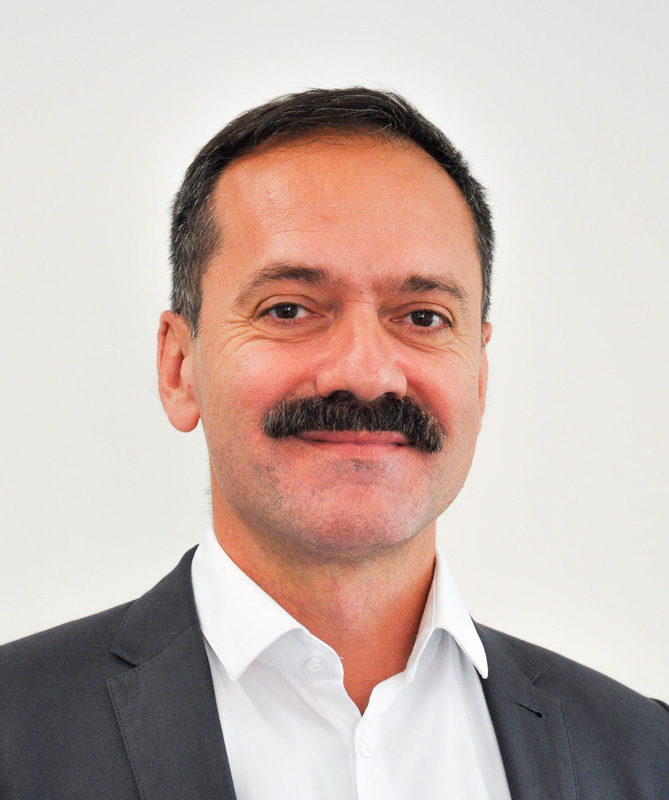
Patrick Saez
Patrick Saez was a senior policy fellow on secondment from the UK’s Foreign, Commonwealth and Development Office where he serves as a Senior Humanitarian Adviser. His research focu...

Rose Worden
Rose Worden was a research associate for the Migration, Displacement, and Humanitarian Policy program, supporting Jeremy Konyndyk and Patrick Saez’s work on humanitarian policy and...
Experts
Acknowledgments
CGD would like to acknowledge the generous support and engagement of the UK’s Foreign, Commonwealth, and Development Office (FCDO) and Australia’s Department of Foreign Affairs and Trade (DFAT).
Sign up for the Migration, Displacement, and Humanitarian Policy newsletter


